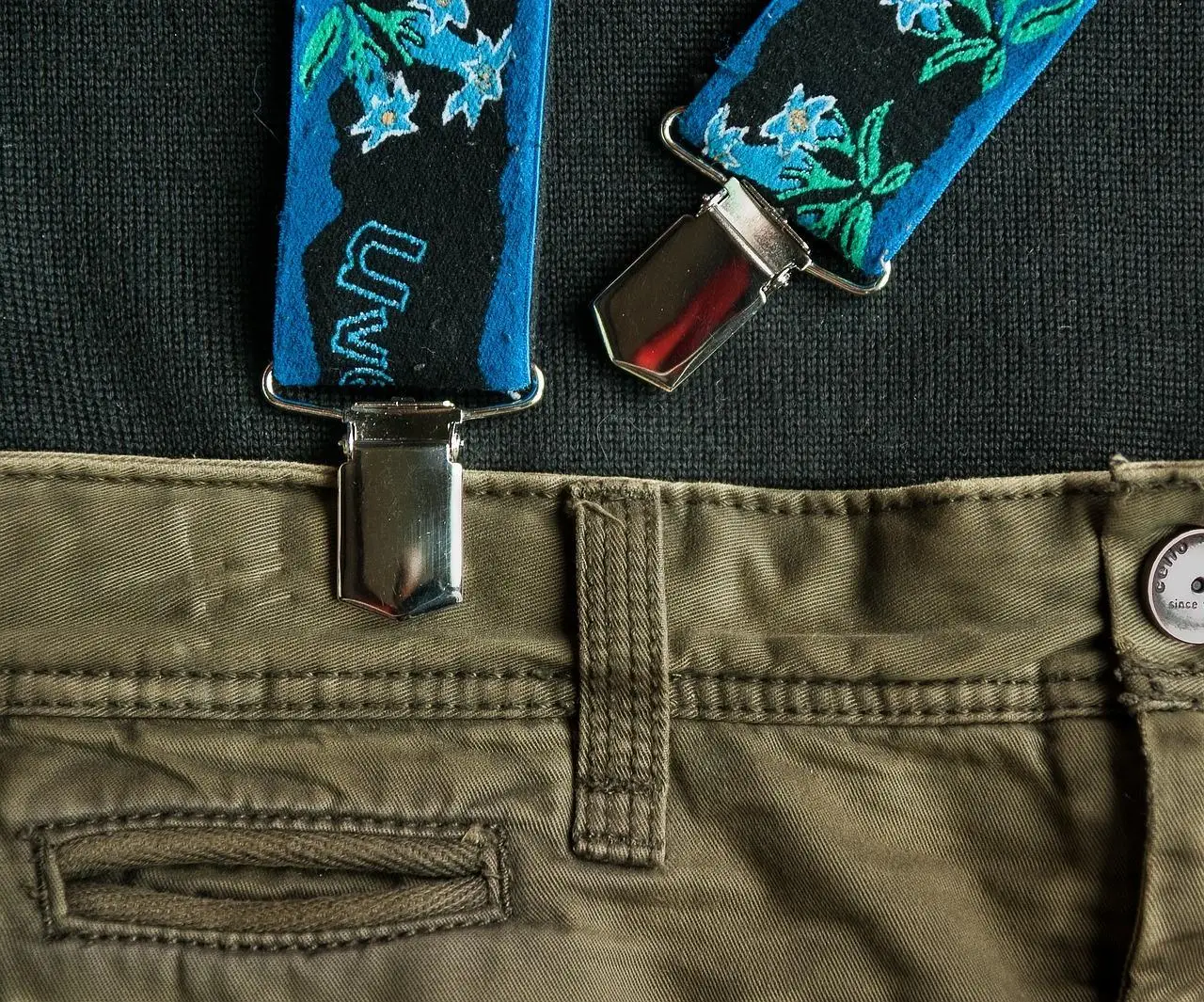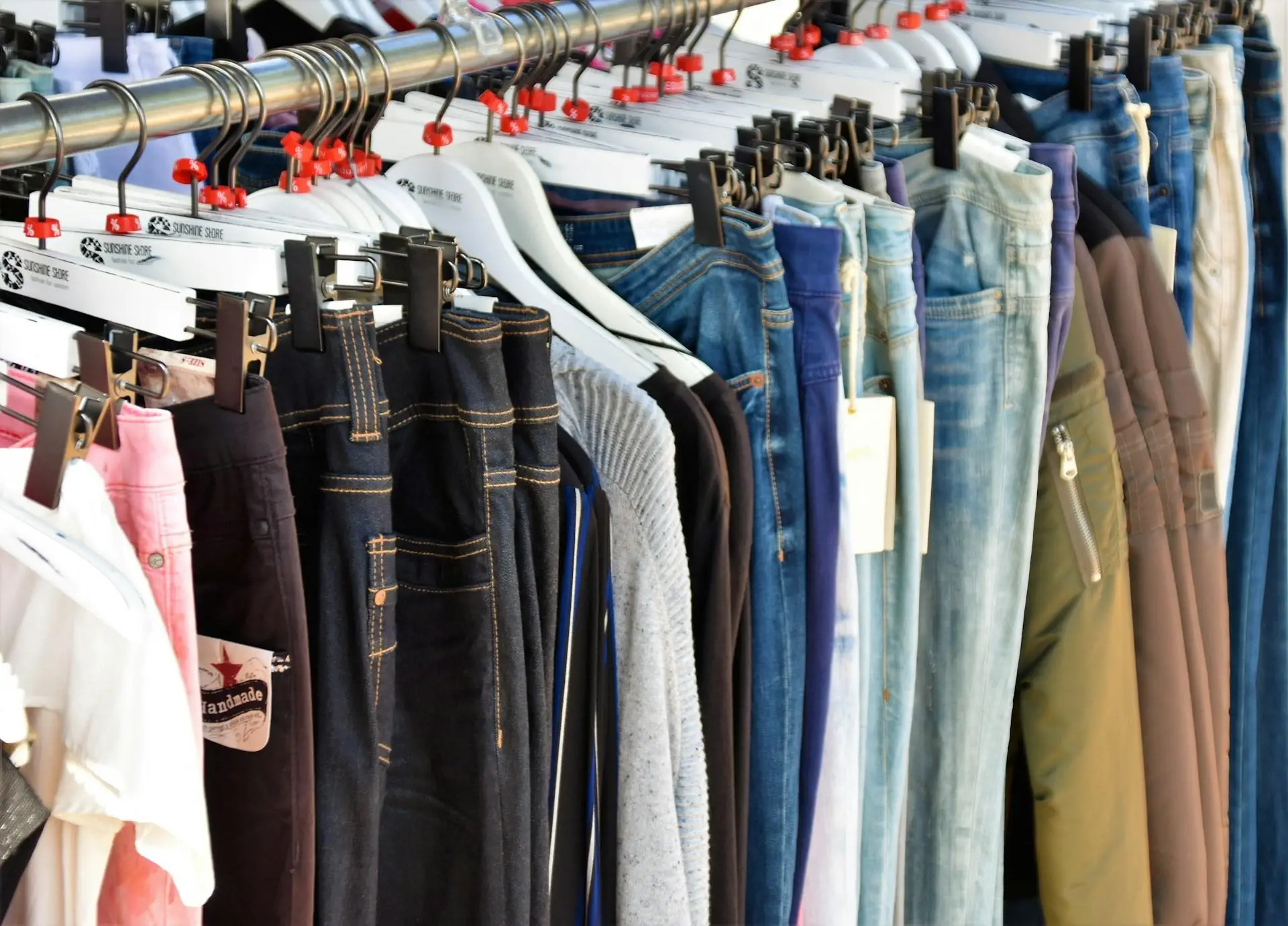Clothing is more than just fabric draped over the body; it's a powerful form of self-expression and communication. People often wear what makes them feel seen, and this choice is deeply rooted in psychology, societal influences, and personal identity.
The Role of Clothing in Personal Identity
Clothing plays a critical role in the formation and expression of personal identity. The clothes an individual chooses to wear can reflect their personality, mood, and even aspirations. For many, the act of dressing is a way to convey a message about who they are or who they wish to become. This desire to be seen and understood through clothing choices is a universal human experience.
Societal Influences on Fashion Choices
Society has a significant impact on the clothing choices people make. Fashion trends often dictate what is considered stylish or acceptable, influencing individuals to conform to or rebel against these norms. Social media platforms, celebrities, and fashion icons further amplify these trends, creating a ripple effect that affects personal clothing choices on a global scale.
The Psychology of Color in Clothing
Color is a powerful tool in the realm of fashion, capable of evoking emotions and conveying messages. Individuals might choose colors that make them feel confident, happy, or calm, depending on their psychological needs. For instance, wearing red might be associated with power and passion, while blue might evoke feelings of tranquility.
Dressing for Confidence and Empowerment
Clothing can significantly impact an individual's confidence levels. Wearing outfits that align with one's personal style and body image can lead to feelings of empowerment and self-assurance. This is why many people choose to wear clothes that make them feel seen; it's a way to project their inner confidence outwardly.
The Influence of Cultural Backgrounds
Cultural backgrounds heavily influence clothing choices, as traditional attire and cultural symbols often hold significant meaning. Individuals may choose to wear garments that reflect their heritage as a way to stay connected to their roots and share their culture with others. This act of wearing culturally significant clothing can make individuals feel both seen and understood within a diverse society.
Fashion as a Form of Communication
Clothing is a non-verbal form of communication that can convey complex messages without the need for words. People often use fashion to express their beliefs, values, and affiliations, making it a powerful tool for self-expression. For instance, someone might wear a t-shirt with a slogan to show support for a cause they believe in deeply.
The Impact of Clothing on First Impressions
First impressions are often formed based on appearance, making clothing choices crucial in many social and professional settings. Individuals might choose to wear outfits that align with the expectations of a particular setting to ensure they are perceived in a certain way. This strategic use of clothing can make individuals feel more confident and seen in environments where first impressions matter.
The Rise of Personal Style and Individualism
In recent years, there has been a growing emphasis on personal style and individualism in fashion. People are increasingly encouraged to embrace their unique style, rather than conforming to traditional fashion norms. This shift allows individuals to wear clothing that truly resonates with their personal identity, making them feel more authentically seen.
The Comfort Factor in Clothing Choices
Comfort is another significant factor that influences clothing choices. Many individuals prioritize comfort in their outfits, understanding that feeling physically comfortable can enhance their overall sense of well-being and visibility. This trend is evident in the rise of athleisure and casual wear that combines style with comfort.
The Future of Fashion: Sustainability and Ethical Choices
As awareness around sustainability and ethical fashion grows, more individuals are making conscious clothing choices that reflect their values. Wearing sustainably made or ethically sourced clothing can make individuals feel seen as conscientious consumers who care about the planet and its people. This trend is reshaping the fashion industry and influencing how people choose to express themselves through their clothing.
In summary, clothing choices are deeply personal and influenced by a myriad of factors, including identity, culture, society, and personal values. By wearing what makes them feel seen, individuals are able to express their true selves and connect with the world around them. The power of clothing lies in its ability to communicate complex messages and evoke emotions, making it an essential aspect of human expression.









